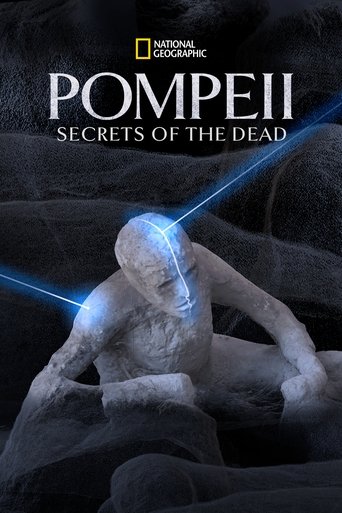
24 Nov 2019

Pompeii: Secrets of the Dead
Forensic experts scan Pompeii’s victims to investigate why they didn’t escape the eruption.
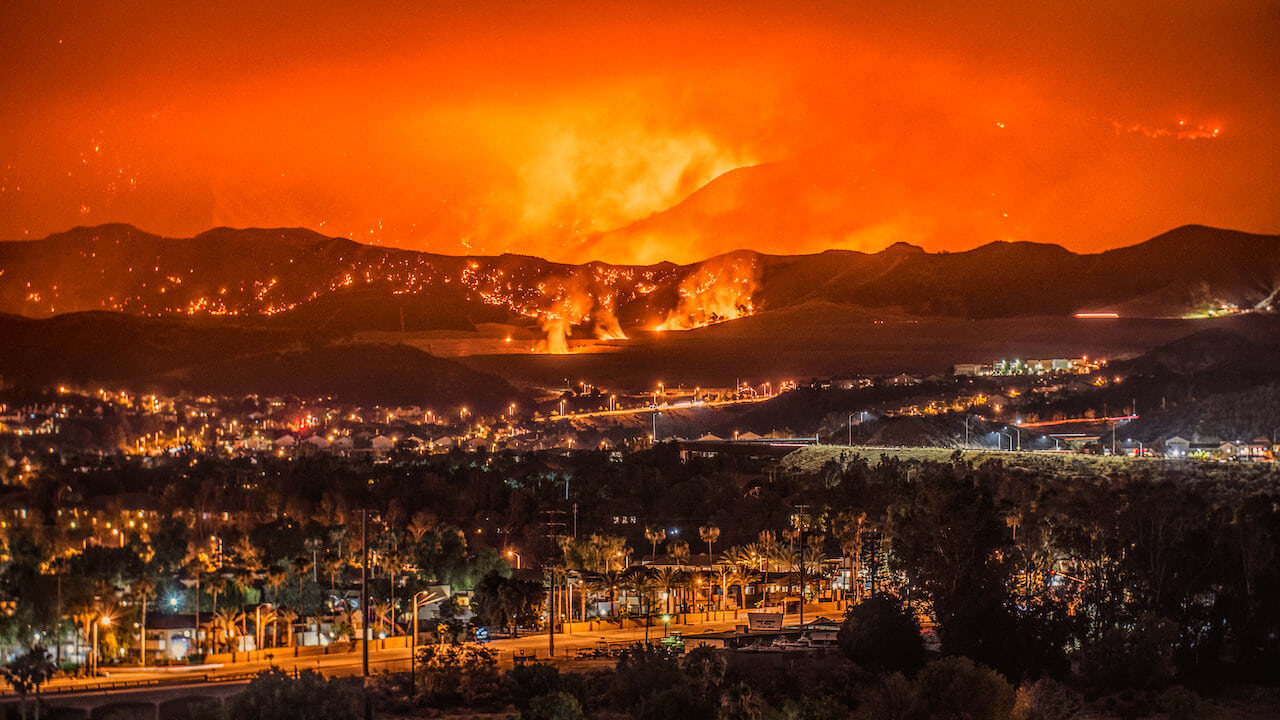
The incendiary truth behind the world's wildfire crisis.
An investigation into our landscape's hidden fire stories and on-the-ground experiences of firefighters and residents struggling through deadly fires.
Self

24 Nov 2019

Forensic experts scan Pompeii’s victims to investigate why they didn’t escape the eruption.
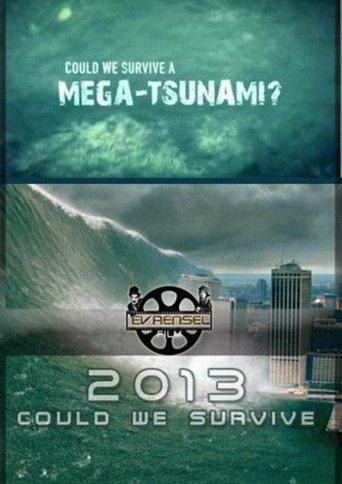
18 Apr 2013

Starting off a kilometre high, travelling at the speed of a jet aircraft, and heading for us. It doesn't make for a good outcome. Hollywood-style graphics and real-life archive bring home an imagined near-future scenario, all based on cutting-edge science. —Trevor
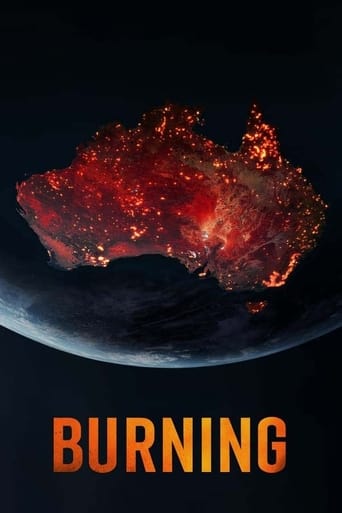
09 Sep 2021

Follows the deadly Australian bushfires of 2019-2020, known as ‘Black Summer’. Burning is an exploration of what happened as told from the perspective of victims of the fires, activists and scientists.

17 Aug 2007

A look at the state of the global environment including visionary and practical solutions for restoring the planet's ecosystems. Featuring ongoing dialogues of experts from all over the world, including former Soviet Prime Minister Mikhail Gorbachev, renowned scientist Stephen Hawking, former head of the CIA R. James Woolse

27 Apr 1983

Takes us to locations all around the US and shows us the heavy toll that modern technology is having on humans and the earth. The visual tone poem contains neither dialogue nor a vocalized narration: its tone is set by the juxtaposition of images and the exceptional music by Philip Glass.

15 Nov 1983

Documents the cultural and ecological impacts of coal stripmining, uranium mining, and oil shale development in Utah, Colorado, New Mexico, and Arizona – homeland of the Hopi and Navajo.

06 Sep 2013

National Geographic gets 10 experts to pick the most significant natural disasters ever, adding eyewitness accounts and CGI to flesh out the stories.
01 Jan 1973
Using film footage shot by the Genevese film director, Fernand Reymond, in Bangladesh in 1972, this documentary film describes the cyclone prevention programme drawn up by the governmental authorities and the League of Red Cross Societies. It particularly depicts the cyclone warning system set up to protect the population. (League Film Library Catalogue Supplement No. 2, p. 39)
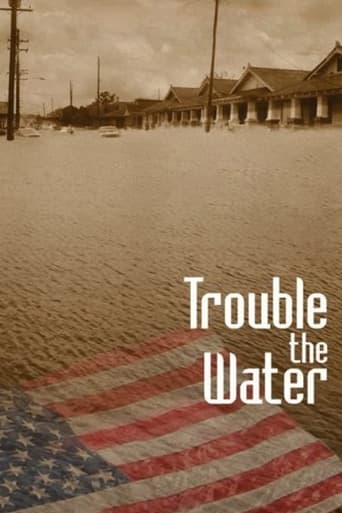
20 Jan 2008

"Trouble the Water" takes you inside Hurricane Katrina in a way never before seen on screen. The film opens the day before the storm makes landfall--just blocks away from the French Quarter but far from the New Orleans that most tourists knew. Kimberly Rivers Roberts, an aspiring rap artist, is turning her new video camera on herself and her Ninth Ward neighbors trapped in the city. Weaving an insider's view of Katrina with a mix of verité and in-your-face filmmaking, it is a redemptive tale of self-described street hustlers who become heroes--two unforgettable people who survive the storm and then seize a chance for a new beginning.
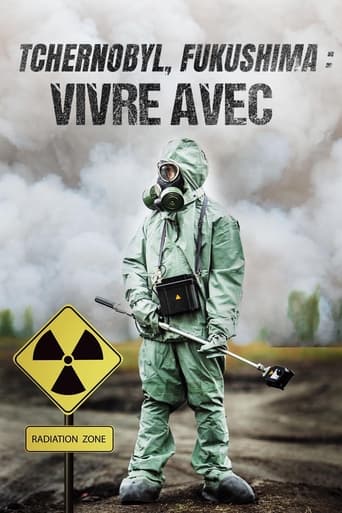
26 Apr 2016

30 years after the Chernobyl catastrophe and 5 years after Fukushima it is time to see what has been happening in the “exclusion zones” where the radioactivity rate is far above normal.
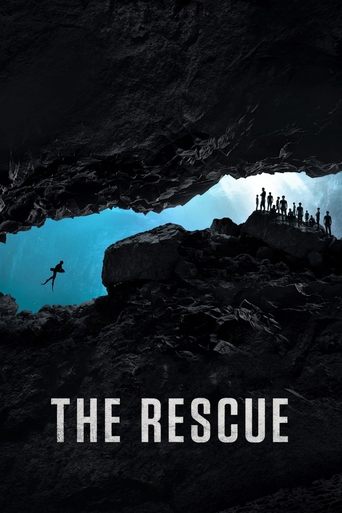
08 Oct 2021

The enthralling, against-all-odds story that transfixed the world in 2018: the daring rescue of twelve boys and their coach from deep inside a flooded cave in Northern Thailand.
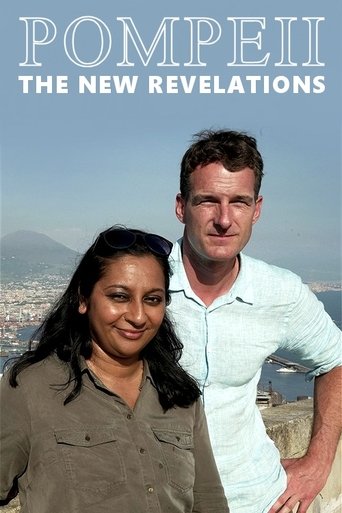
15 Feb 2020

Archaeologist Raksha Dave and historian Dan Snow return to Pompeii to gain special access to a variety of new excavations, including two never-before-seen discoveries.
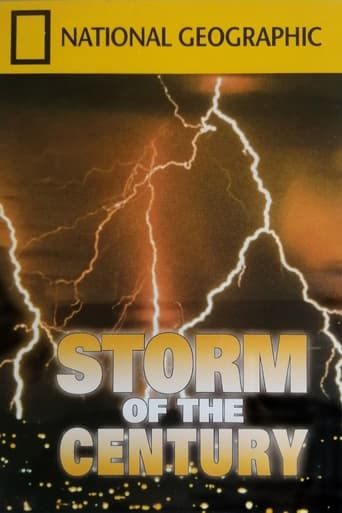
09 Jun 1998

The storm of 1993 that ravaged the Eastern Seaboard was bigger than any since the 1800s. Most were expecting only more unseasonable warmth, and were caught off-guard by the hurricane winds, massive thunderstorms, and fierce blizzards. Meteorologists puzzled over bizarre reports from their computers. Late warnings went largely unheard. Video footage from Florida to Maine documents nature's savagery.
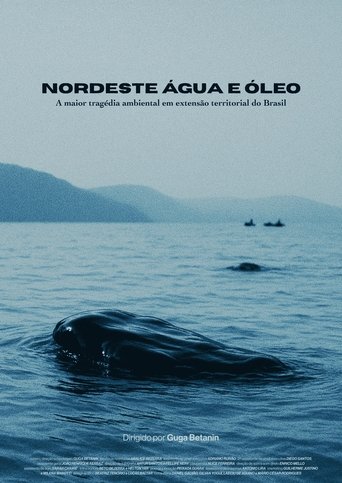
29 Apr 2025

No overview found
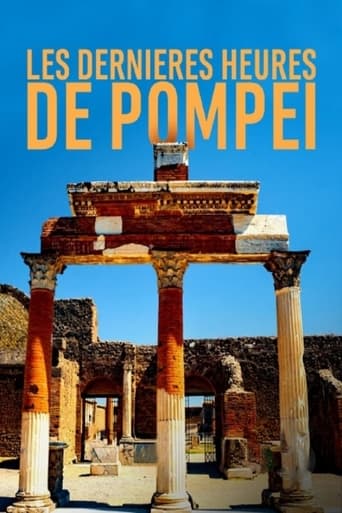
21 Feb 2020

No overview found

12 Sep 2011

On 11 March 2011, an earthquake caused a tsunami to hit the Tōhoku (Northeast) region of Japan. In this film, survivors of the tsunami rebuild as cherry blossom season begins. The film is a stunning visual haiku about the ephemeral nature of life–and of the healing power of Japan's most beloved flower.
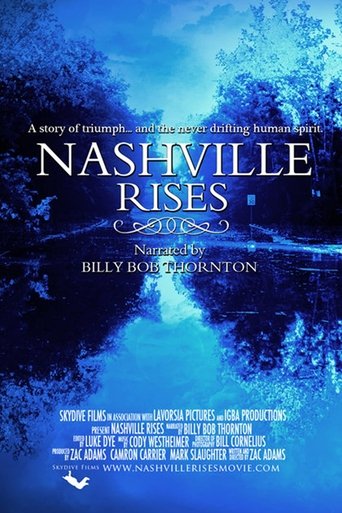
11 Mar 2011

Nashville Rises is the first documentary film about the city of Nashville, Tennessee's response to the 2010 Tennessee floods. It premiered at the 42nd Nashville Film Festival on April 14, 2011 and received the festival's "Ground Zero Tennessee Spirit Award for Best Short Documentary Film". The film was narrated by Billy Bob Thornton and directed by Zac Adams.
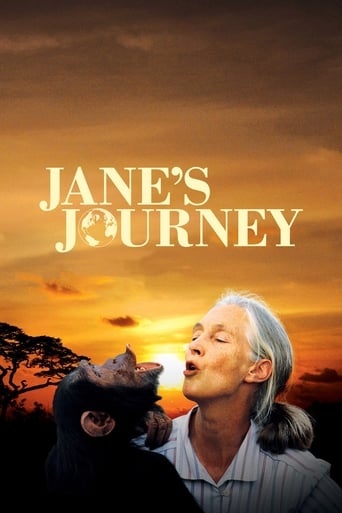
06 Sep 2011

It would be hard to name anyone who has had more of an impact in the realm of animal research and wildlife conservation than Jane Goodall, whose 45 year study of wild chimpanzees in Africa is legendary. In Jane's Journey, we travel with her across several continents, from her childhood home in England, to the Gombe National Park in Tanzania where she began her groundbreaking research and where she still returns every year to enjoy the company of the chimpanzees that made her famous. Featuring a wide range of interviews and spectacular footage from her own private collection, Jane's Journey is an inspiring portrait of the private person behind the world-famous icon.
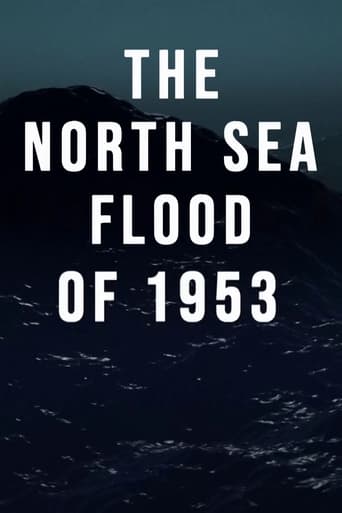
18 Jul 2023

Eyewitnesses give first hand testimony about the worst natural disaster to strike Britain in modern times. On 31 January 1953, a massive storm and its huge tidal surge flooded 250 square miles of land from the Shetlands to the Thames estuary, killing hundreds of people, sinking several ships, and destroying tens of thousands of homes. Few remember this disaster that shocked the country as it emerged from the trauma of World War II, but those who do remember it vividly.
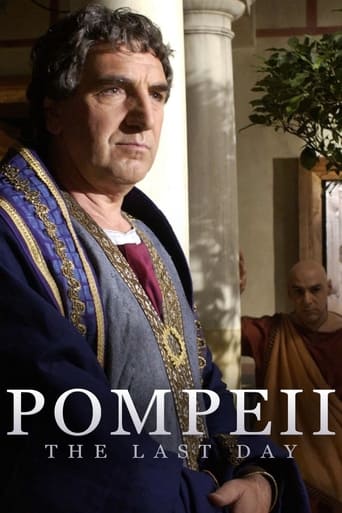
20 Oct 2003

In 79 AD, one of the infamous natural disasters in human history occurred when Mount Vesuvius erupted. With speculative dramatizations of various inhabitants' final hours along with detailed documentation of the known facts concerning the eruption, the horrific day is vividly brought to life.